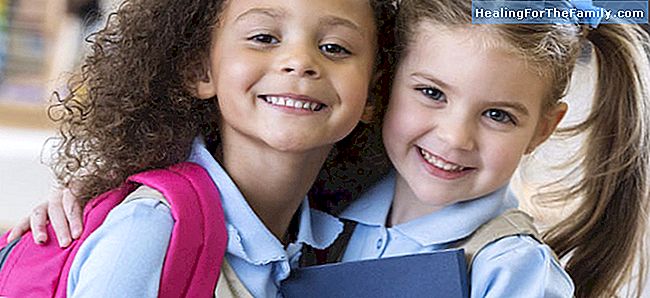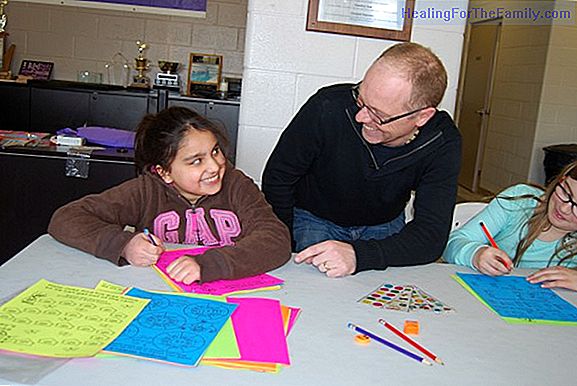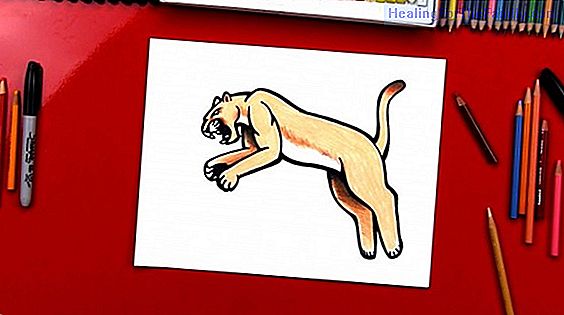Teach children to strengthen the bond of friendship in childhood
Adults usually worry a lot about our children's friendships and we attach great importance to having good and many friends, that the relationships are strong and long lasting and Sometimes we confuse quantity with quality. Friendship relationships are fundamental in the affective, social and intelle
Adults usually worry a lot about our children's friendships and we attach great importance to having good and many friends, that the relationships are strong and long lasting and Sometimes we confuse quantity with quality.
Friendship relationships are fundamental in the affective, social and intellectual development of people so it is important to teach our children to strengthen the bond of friendship in childhood.
Learning to strengthen the bond of friendship in childhood

It is important to know that throughout the life cycle the concept of friendship changes, both its content and the way in which it manifests itself and which are influenced by a series of variables that go to be key in the type and quality of our children's friendships.
It is important to know what aspects of education that occurs in the family influence the development of friendships of children. The variables of the family environment that have an impact on the child's relationships with peers are:
- The attachment style developed by children and their main attachment figures are transferred to relationships with their peers.In the style of secure attachment they transfer reciprocity, understanding and empathy. It is also an attachment style that facilitates the development of positive self-esteem, initiative, curiosity and enthusiasm, and these children show more competent and adaptive behaviors in interactions with peers. Other types of attachment tend to manifest a repertoire of varied incompetence, ranging from the angry and aggressive behavior of the insecure-avoidant attachment, to the easily frustrated and inhibited complaining behavior that tend to show those of insecure-ambivalent attachment.
- The educational practices and style of interaction of parents also have some relationship with some attributes of the social competence of boys and girls. Thus, for example, the democratic style is associated with good levels of social competence, the sons and daughters of authoritarian parents are more likely to be aggressive when the figure of control is not present, also expressing little affection to their peers, having little initiative in their social encounters and being less cheerful and spontaneous, also the children of permissive parents have difficulties in the control of behavior
- The actions of parents in relation to the social competence of their children, their value system, their conception of childhood and development and the importance they attach to social experience are crucial in the friendship relations of children.
How to help children strengthen the bond of friendship
But in addition to the family and educational variables there are some concrete actions that parents can put into practice to promote the bond of friendship in childhood:
- Children learn from what Come home, so for our children to be sociable, it is good that parents are sociable too. If you stay with friends or talk about them regularly, children see that they are positive and pleasant relationships and they will understand why you value them and appreciate them.
- Invite your friends to have a snack or spend the afternoon at home or stay to go to the park. When they are little they do not usually make plans, and with the hectic life we lead, in which there seems to be little time, it is good for adults to ensure that children relate to their friends beyond school.
- When there are children at home, it makes it easier for them to entre play with each other , (costumes, puzzles, constructions, board games ...).- We must try not to intervene in their games or in their possible differences
. It is better that they learn to solve their small conflicts between them.-Listen to your son
. If he is upset or worried because his friend has become angry or has not played with him, it is good to talk to him and help him to solve and understand the situation. Do not dismiss it and tell it "it will pass away", "tomorrow you have forgotten", help him express what he feels and teach him to talk with his friend. Finally, it is important that we understand that friendship is fundamental in the social development of our children, so when children are young, we are the parents who have to ensure that children have time to play and interact with their peers more Beyond recess or extracurricular times.












